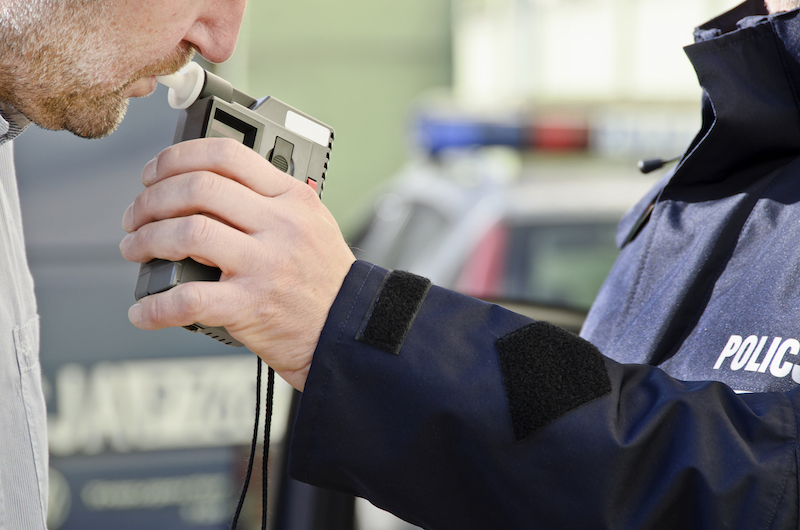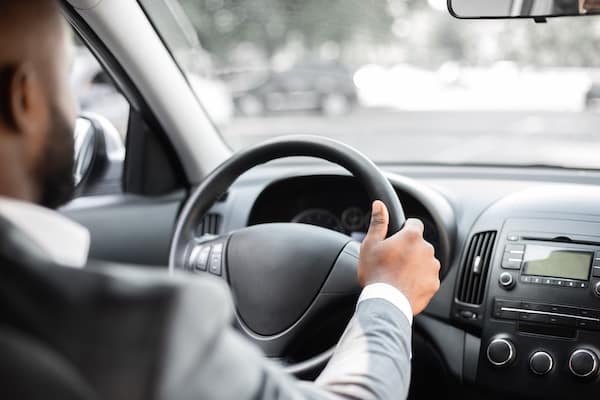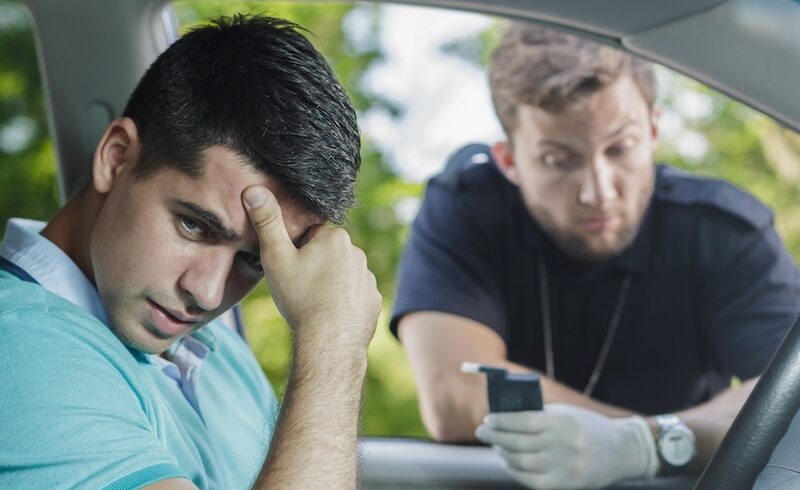
In 1990, the US Supreme Court decided that despite the Fourth Amendment, which protects citizens from searches and seizures, sobriety checkpoints are completely legal. The argument is that checkpoints are ways to protect the innocent from drunk drivers.
If you are living in Illinois, and encounter a sobriety checkpoint, it’s vitally important that you understand what rights you have during these searches.
What Happens at Sobriety Checkpoints?
Sobriety checkpoints are roadblocks set on public roadways with police officers waiting to evaluate drivers. It isn’t rare to see a sobriety checkpoint set up near places that have concerts, bars, clubs, and festivals, or on a holiday weekend, but those aren’t the only deciding factors in choosing a location.
Checkpoints are often set up in places where:
- Statistical data that shows a high number of DUI arrests in the area
- The checkpoint is clear and visible to drivers from a distance
- It is safe for drivers to stop for several minutes at a time
The checkpoints give officers an opportunity to evaluate drivers’ license plates, licenses, insurance, and even complete sobriety testing if a driver appears to be intoxicated. Police look for the following signals as a sign of impairment:
- The smell of alcohol on your breath
- Slurred speech and stammering
- Red or bloodshot eyes
- Problems coordinating
- A flushed face
When you arrive at a checkpoint, an officer will have you roll your window down so that you can speak face to face. Then, they will review your paperwork and check for signs of impairment.
Your Sobriety Checkpoint Rights in Illinois
The laws surrounding sobriety checkpoints are determined at the state level. Because of this, your rights are going to vary depending on where you are. If you were to travel to another state, you will have to abide by that state’s laws.
There is a total of 12 states that haven’t allowed sobriety checkpoints. They are:
- Alaska
- Idaho
- Iowa
- Michigan
- Minnesota
- Montana
- Oregon
- Rhode Island
- Texas
- Washington
- Wisconsin
- Wyoming
If you are in the remaining 38 states or the District of Columbia, chances are you will encounter a checkpoint at some point. The information referenced in this section is only for driving in Illinois.
The locations for checkpoints are often temporary and change often. You can check to see when or where a checkpoint will be active by checking this site.
These are your sobriety checkpoint rights in Illinois:
Avoiding a Checkpoint
Sobriety checkpoints have to be set up in a way that drivers are able to see it clearly before they approach the area. If a driver wants to avoid the checkpoint, they are allowed to reroute their trip to avoid it.
However, keep in mind that officers will often closely monitor the drivers who decide to turn in the opposite direction of the checkpoint.
Questioning
When a car is stopped at a checkpoint, the police officer who is present will approach the vehicle and begin to ask the driver questions. They can legally ask where you’re going, where you’re coming from, and to see your license and registration.
Most people cooperate and answer the questions because they think they are required to do so, but this isn’t true. You are allowed under law to refuse to speak to the officers, provided you do so in the correct way.
Sobriety Testing
If a police officer thinks a driver is under the influence, they will perform field sobriety testing. During a sobriety test, they will perform one or more of the following tests:
Standing on One Leg: This test checks your balance and coordination.
Nystagmus: This is where you follow their finger with your eyes. It is difficult for an impaired person to do this without tell-tale signs of intoxication.
Walk and Turn: Another balance and coordination test.
Finger to Nose: Tests balance and concentration.
Counting and Reciting the Alphabet: This is done to test your ability to concentrate.
Regardless of the type of testing an officer asks you to do, you are notrequired to participate in the testing by law. Unfortunately, officers typically won’t inform you of your right to refuse testing.
Keep in mind that while you can refuse to complete a sobriety test, there is no guarantee that you won’t be arrested for DUI. However, refusing the test makes it more difficult for the police to prove their case against you in court.
If you have not had a drink whatsoever, completing and passing the sobriety tests should allow you to move on about your business.
Breath Testing
If an officer thinks you are intoxicated, they can ask you to participate in chemical testing or a breathalyzer.
If you have been placed under arrest, refusing can cause problems. Your driver’s license might be suspended for a minimum of a year. Your refusal will also be used as evidence against you in a criminal case.
Obtain Legal Representation Today
Drunk driving is a serious crime no matter where you’re located. The purpose of sobriety checkpoints is to prevent people from driving while intoxicated, which leads to 29 motor vehicle deaths every day in the United States.
If you need representation in a DUI or related case, contact us today. We are here to help you get the best outcome possible.


